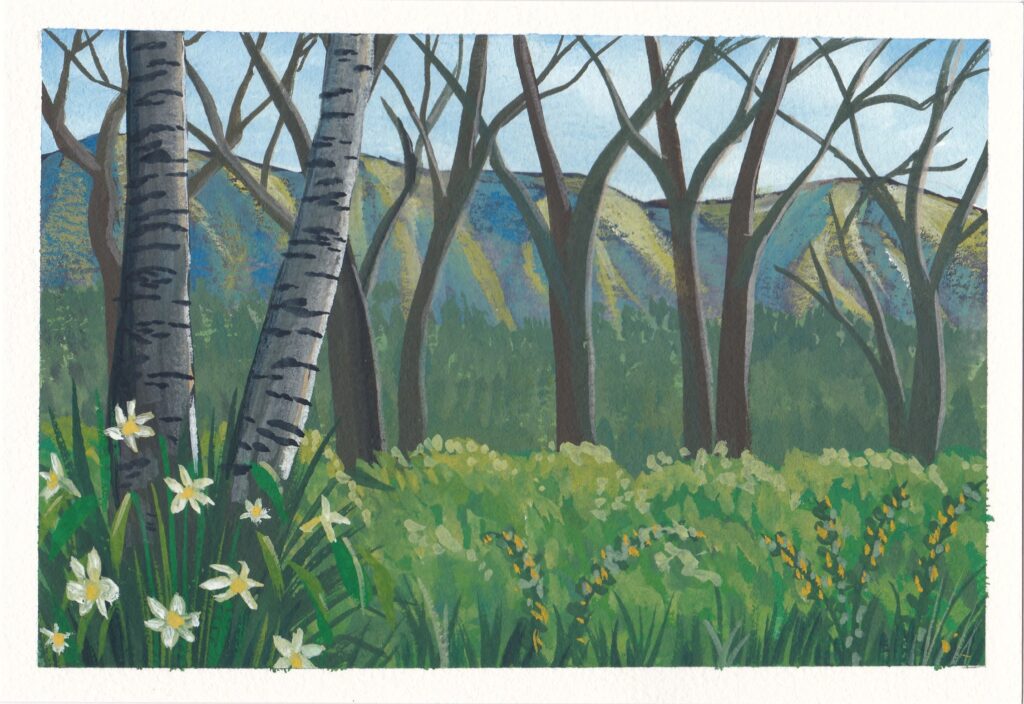Those handful of Ordinary Gentle-readers who have followed me from my old site may recall my occasional posts publicizing the late South African reggae star Lucky Dube. So if some of this sounds familiar to you, I apologize.
The Wikipedia biography of his life is here. His early reggae albums came out in the mid-80s, several years before the lies of apartheid would crumble, and after he had gained some success as the front man for a mbaqanga group – described as “pop music with heavy traditional Zulu influences.” Despite threats of censorship, Lucky used the medium of reggae to attack apartheid, and his beautiful song “Together as One” became the first song by a black artist to ever get airplay on a white South African radio station.
There’s always been something about reggae that has grabbed in a way that no other music seems to. It is not, I assure you, its association with warm beaches and coconut palms, much as I enjoy warm beaches and coconut palms and think there’s nothing wrong with escapism as an excuse to like music. Instead, reggae music grabs me because it conveys a way of life so utterly foreign to a white kid from the Jersey suburbs in a way that is undeniably heartfelt and authentic. It is music that is not “about” the Third World, but is instead undeniably “of” the Third World, popular there because, like any good art, people can relate to it. But for some reason, reggae, at least of the non-dancehall variety, has always been something that I also have been able to relate to; I don’t mean this in the sense that it allows me to fully understand life in the Third World – quite the opposite, in fact. But there is often a passion and a spirit in reggae that conveys a combination of outward vulnerability and inner strength that is distinctly human, but which can only come out when we are with people we trust. What makes reggae appealing to me, then, isn’t that it is music that is meant for my consumption, but precisely that my consumption of that music is purely an accident.
With Lucky Dube, that accident was a particularly happy one for me – I had never heard of him when I received his CD as a thoughtful gift from my mother, who only knew that I liked reggae but already owned most of the better-known reggae albums. As it turned out, Lucky’s music was something truly special.
The influence of Lucky’s mbaqanga roots gave the music a unique feel of cheesy pop music, passionate reggae rhythms, beautiful African backup harmonies, and an uncompromising set of messages, sometimes distinctly universal, other times explicitly political.
When that message was universal, it combined a sometimes conflicted message of individual freedom, love of family, and desperation. He sang not-infrequently about children and divorce. When his message was overtly political, it was uncompromising in its opposition to violence and distrust of political authority, even post-apartheid.
Ultimately, Lucky’s music was all about doing what is right, loving life, and being free. He directed much attention towards lamenting the tragic juxtaposition of street violence against the backdrop of the end of apartheid. In an industry that is often proudly homophobic, Lucky put out a song that explicitly begged for tolerance of gays. He somewhat controversially took a stand against government taxation, claiming his government did nothing of value. But whatever his essentially libertarian views of government (I doubt he ever heard the word “libertarian,” though), his passion for love, family, and non-violence were always front and center.
Sadly, in October 2007, he was shot and killed during an attempted carjacking in Johannesburg in front of his children while dropping them off for school. For a man who was so publicly passionate about non-violence, family and children, and the value of education, a more sadly poetic death could not be imagined.
Rest in Peace, Lucky. “Feel Irie”:
PS – For what it’s worth – in these times of apparent crisis after apparent crisis, I think we would all do well to remember that:
No matter how hard we try,
Trouble will find us one way or another.
People had troubles since the pope
Was an altar boy
People had worries from when the
Dead Sea was only critical
Hear those drums running and
Listen to those guitars skanking
Yeah… Put a smile on your face
Don’t let the troubles get you down






